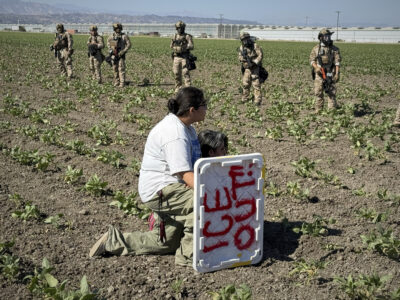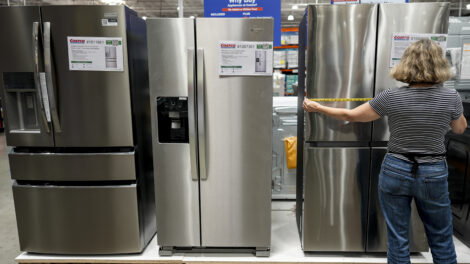Tax on imported drugs risks higher prices and shortages
WASHINGTON (AP) — President Donald Trump has plastered tariffs on products from almost every country on earth. He’s targeted specific imports including autos, steel and aluminum.
But he isn’t done yet.
Trump has promised to impose hefty import taxes on pharmaceuticals, a category of products he’s largely spared in his trade war. For decades, in fact, imported medicine has mostly been allowed to enter the United States duty free.
That’s starting to change. U.S. and European leaders recently detailed a trade deal that includes a 15% tariff rate on some European goods brought into the United States, including pharmaceuticals. Trump is threatening duties of 200% more on drugs made elsewhere.
“Shock and awe” is how Maytee Pereira of the tax and consulting firm PwC describes Trump’s plans for drugmakers. “This is an industry that’s going from zero (tariffs) to the potentiality of 200%.”
Trump has promised Americans he’ll lower their drug costs. But imposing stiff pharmaceutical tariffs risks the opposite and could disrupt complex supply chains, drive cheap foreign-made generic drugs out of the U.S. market and create shortages.
“A tariff would hurt consumers most of all, as they would feel the inflationary effect … directly when paying for prescriptions at the pharmacy and indirectly through higher insurance premiums,” Diederik Stadig, a healthcare economist with the financial services firm ING, wrote in a commentary last month, adding that lower-income households and the elderly would feel the greatest impact.
The threat comes as Trump also pressures drugmakers to lower prices in the United States. He recently sent letters to several companies telling them to develop a plan to start offering so-called most-favored nation pricing here.
But Trump has said he’d delay the tariffs for a year or a year and a half, giving companies a chance to stockpile medicine and shift manufacturing to the United States — something some have already begun to do.
Leerink Partners analyst David Risinger said in a July 29 note that most drugmakers have already increased drug product imports and may carry between six and 18 months of inventory in the U.S.
Jefferies analyst David Windley said in a recent research note that tariffs that don’t kick in until the back half of 2026 may not be felt until 2027 or 2028 due to stockpiling.
Moreover, many analysts suspect Trump will settle for a tariff far lower than 200%. They also are waiting to see whether any tariff policy includes an exemption for certain products like low-margin generic drugs.
Still, Stadig says, even a 25% levy would gradually raise U.S. drug prices by 10% to 14% as the stockpiles dwindle.
In recent decades, drugmakers have moved many operations overseas – to take advantage of lower costs in China and India and tax breaks in Ireland and Switzerland. As a result, the U.S. trade deficit in medicinal and pharmaceutical products is big — nearly $150 billion last year.
The COVID-19 experience – when countries were desperate to hang onto their own medicine and medical supplies — underscored the dangers of relying on foreign countries in a crisis, especially when a key supplier is America’s geopolitical rival China.
In April, the administration started investigating how importing drugs and pharmaceutical ingredients affects national security. Section 232 of the Trade Expansion Act of 1962 permits the president to order tariffs for the sake of national security.




